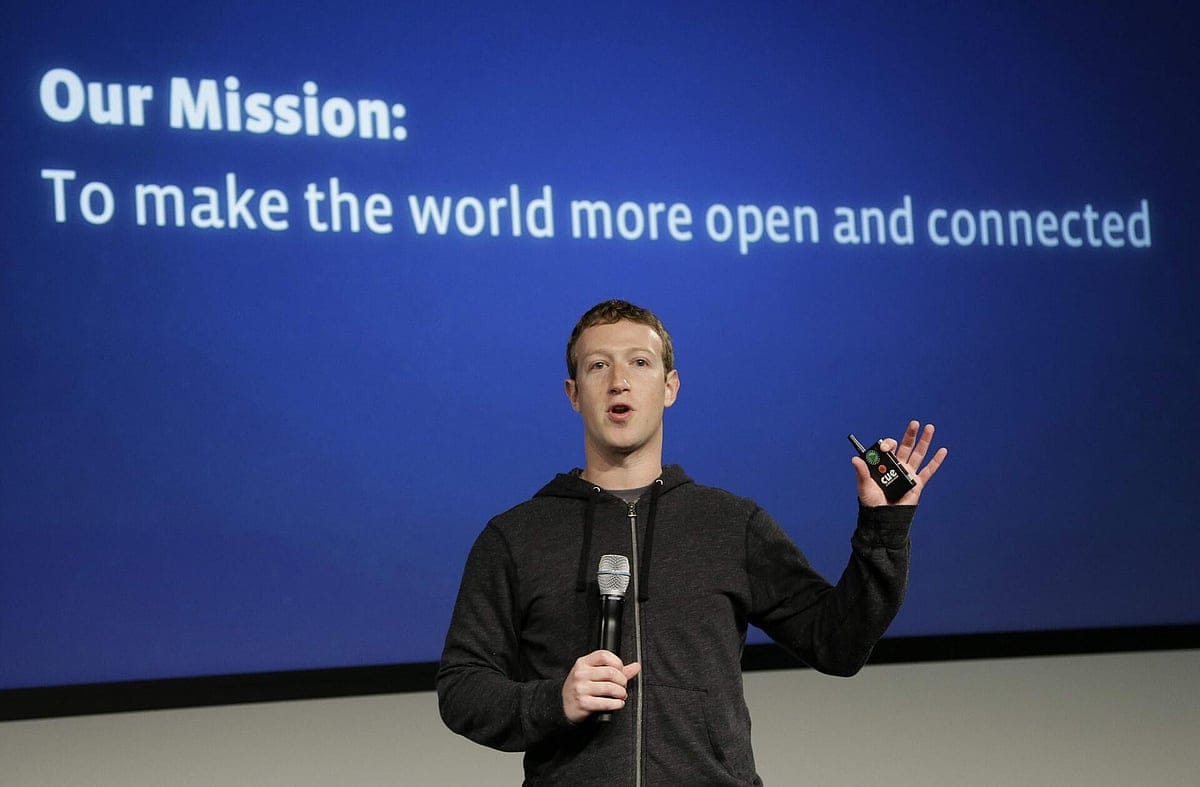THE TRIALS OF TURTLEBOY: Is Facebook A Blogger’s Best Asset Or Worst Enemy?

Turtleboy Sports, the Worcester-based blog that specializes in spotlighting instances of liberal hypocrisy, political correctness run amok, and all instances of Bay State chicanery, appears to have a Facebook problem.
The website, in which contributors submit anonymous blogs documenting and exposing everything from sham city nonprofits and city machine politics to being the first to break the news about a Boston Municipal Court judge knocking a day off a sentence to halt the deportation of a bank robber who would later murder two South Boston doctors, has surged in popularity. The site's take-no-prisoners approach to journalism has ruffled plenty of feathers — a member of Worcester's Citizen Advisory Council recently dumped a zoning board candidate for acknowledging he reads the blog — and now the site's detractors appear to have discovered a sure-fire strategy for limiting the site's reach.
